I'm trying to come up with a regex that will elegantly match everything in an URL AFTER the domain name, and before the first ?, the last slash, or the end of the URL, if neither of the 2 exist.
This is what I came up with but it seems to be failing in some cases:
regex = /[http|https]:\/\/.+?\/(.+)[?|\/|]$/
In summary:
http://nytimes.com/2013/07/31/a-new-health-care-approach-dont-hide-the-price/ should return 2013/07/31/a-new-health-care-approach-dont-hide-the-price
http://nytimes.com/2013/07/31/a-new-health-care-approach-dont-hide-the-price?id=2 should return 2013/07/31/a-new-health-care-approach-dont-hide-the-price
http://nytimes.com/2013/07/31/a-new-health-care-approach-dont-hide-the-price should return 2013/07/31/a-new-health-care-approach-dont-hide-the-price


